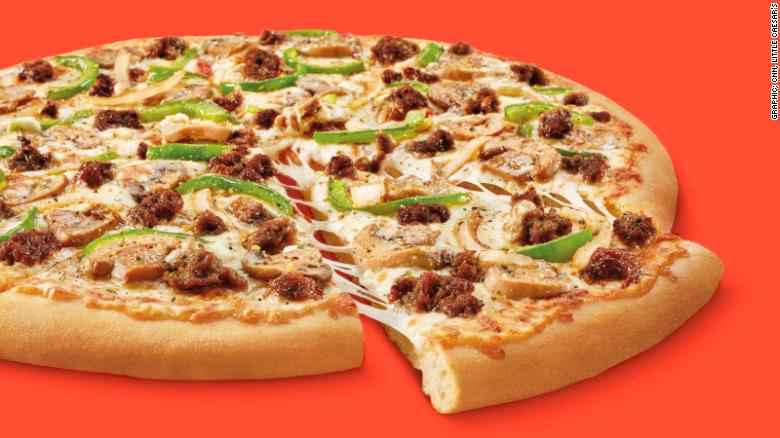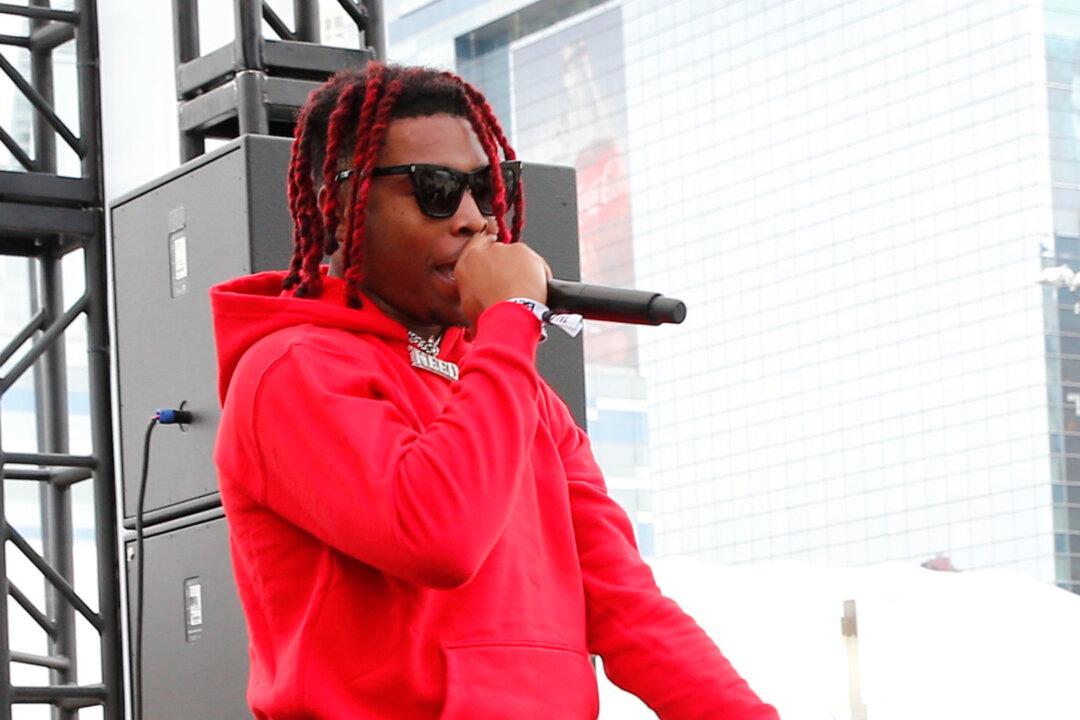New York—Little Caesars is joining the plant-based protein trend with a pizza topped with non-meat sausage.
The pizza chain said Monday, May 20, that it is testing out the Impossible Supreme pizza—topped with a meatless sausage made by Impossible Foods—in Florida, New Mexico, and Washington state.




